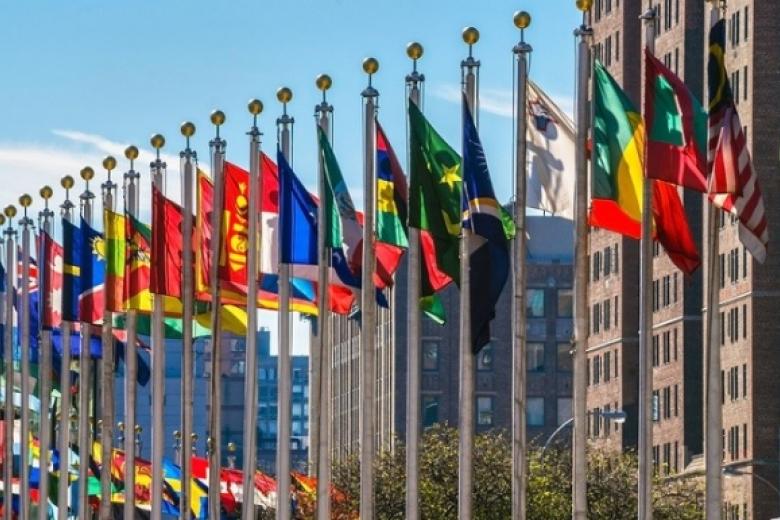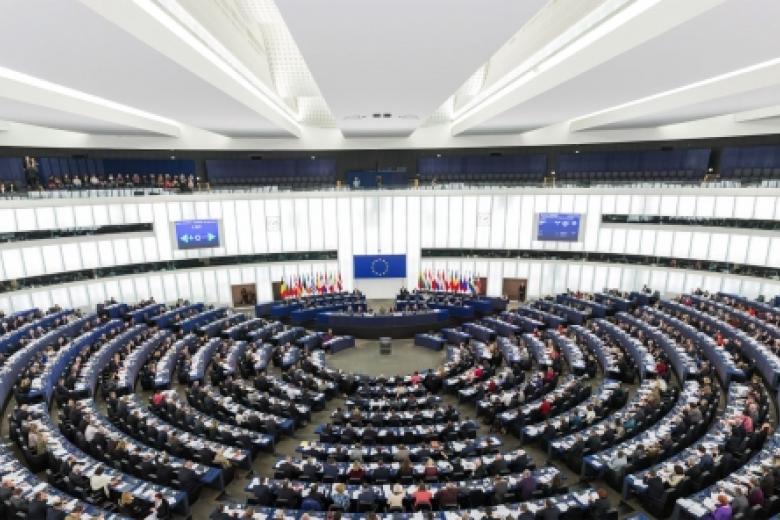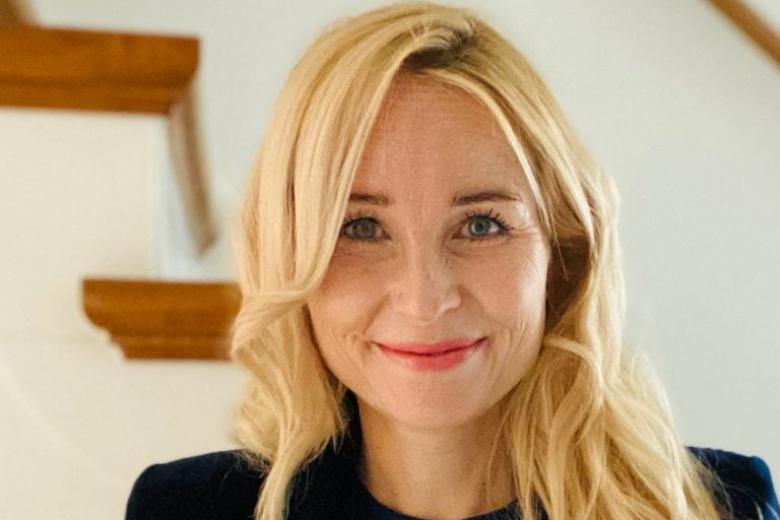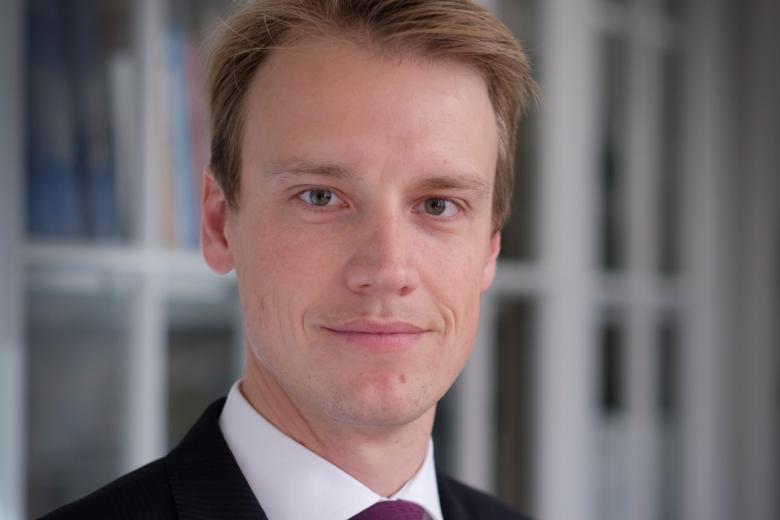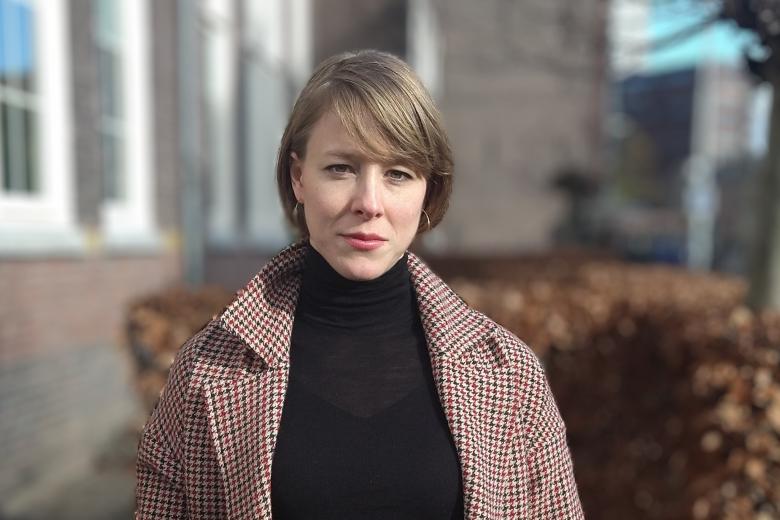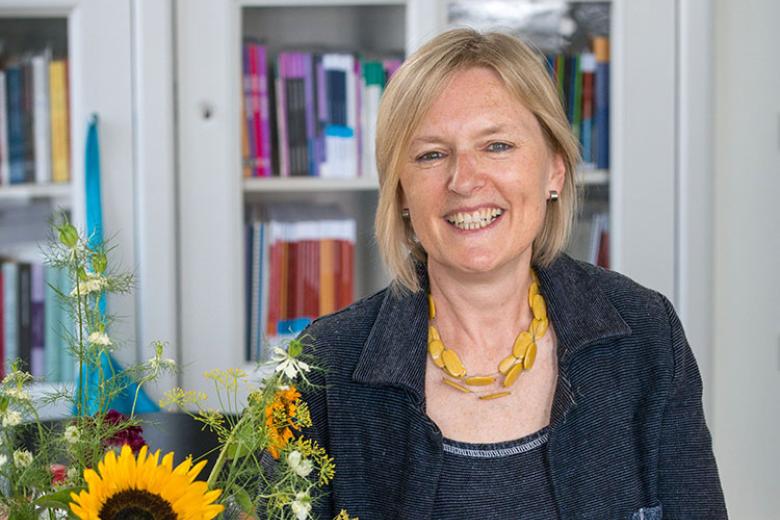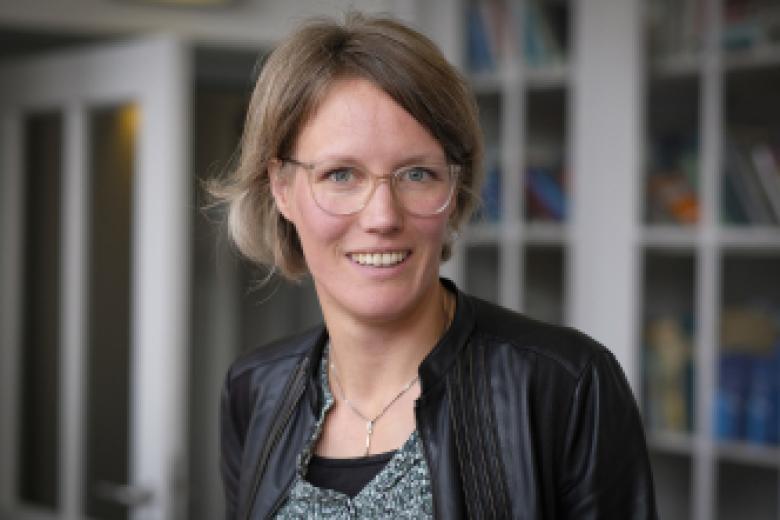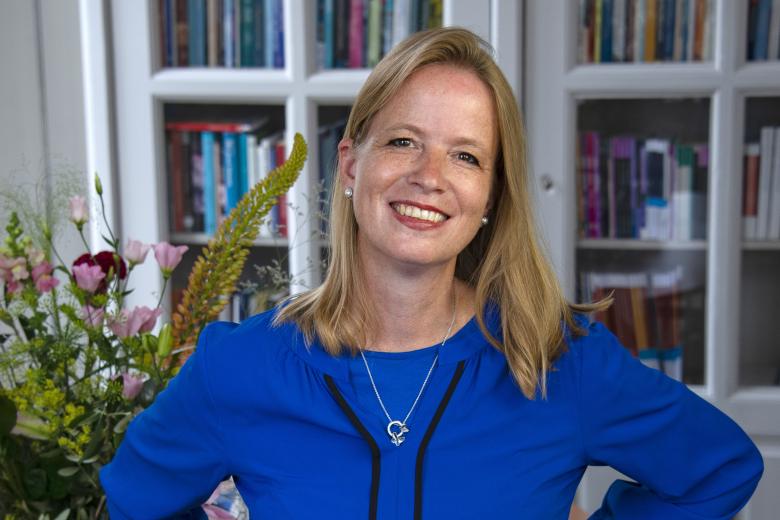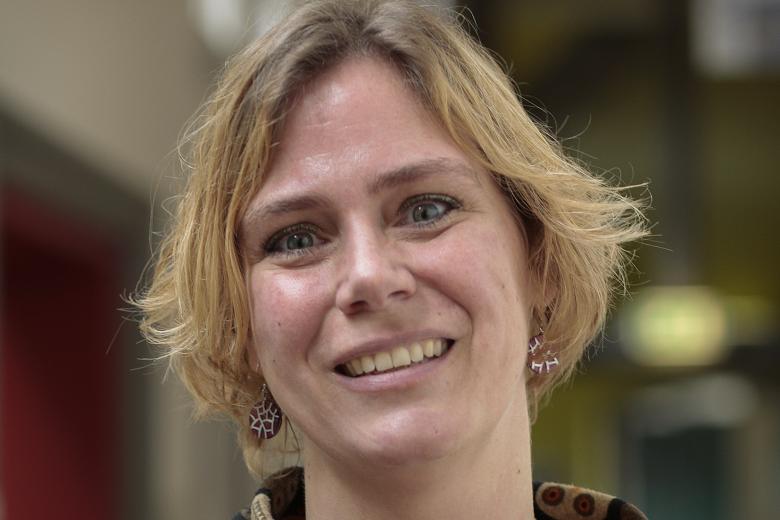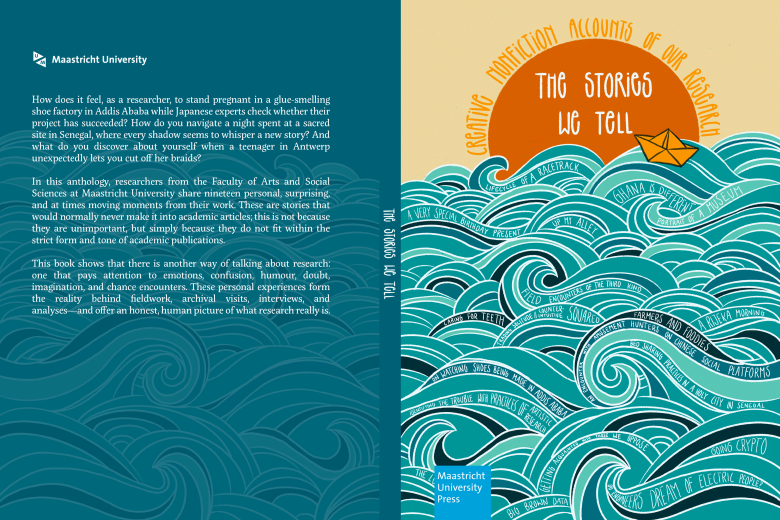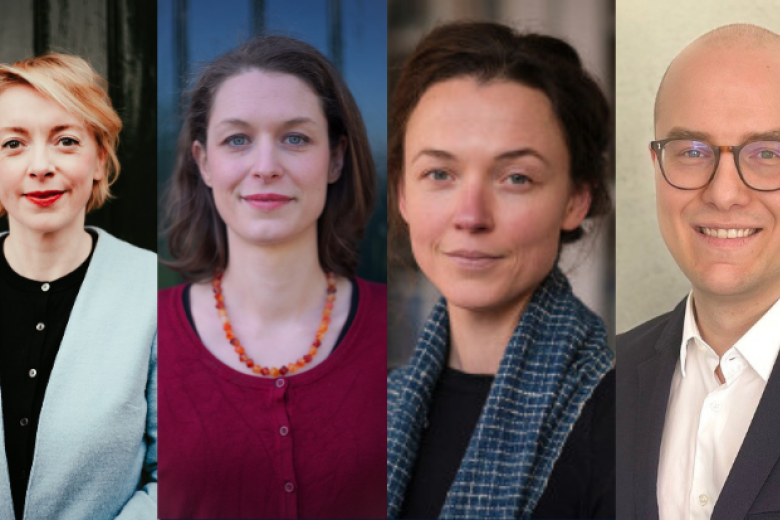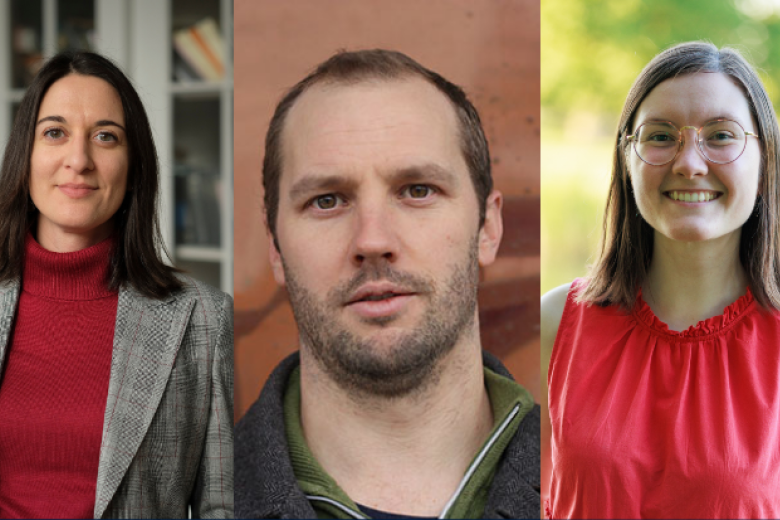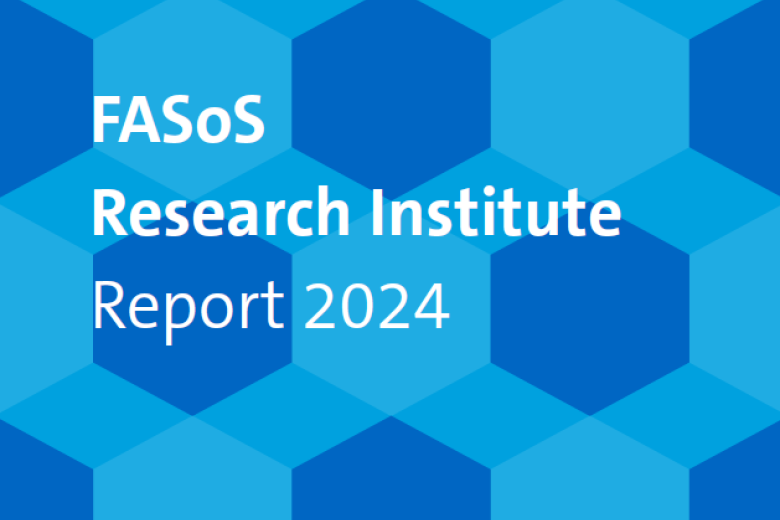Europe: Society, Politics and Global Order
Interdisciplinary research on Europe
Contact: Prof. Hylke Dijkstra (Director) and Dr. Toon van Overbeke (Academic Secretary)
Founded in 2003, Europe: Society, Politics and Global Order (ESPO) is an interdisciplinary research programme at Faculty of Arts and Social Sciences of Maastricht University. It brings together 50 political scientists, historians and philosophers. The process of European integration since 1945 and questions of European democracy, governance, and foreign policy are central to the ESPO research agenda. ESPO researchers study the European Union and Europeanisation, yet they also contribute to debates on multilateralism and the global order, and take an interest in transnational history. Methodologically rigorous, the emphasis of ESPO is on fundamental research with societal relevance.
View recent ESPO publications
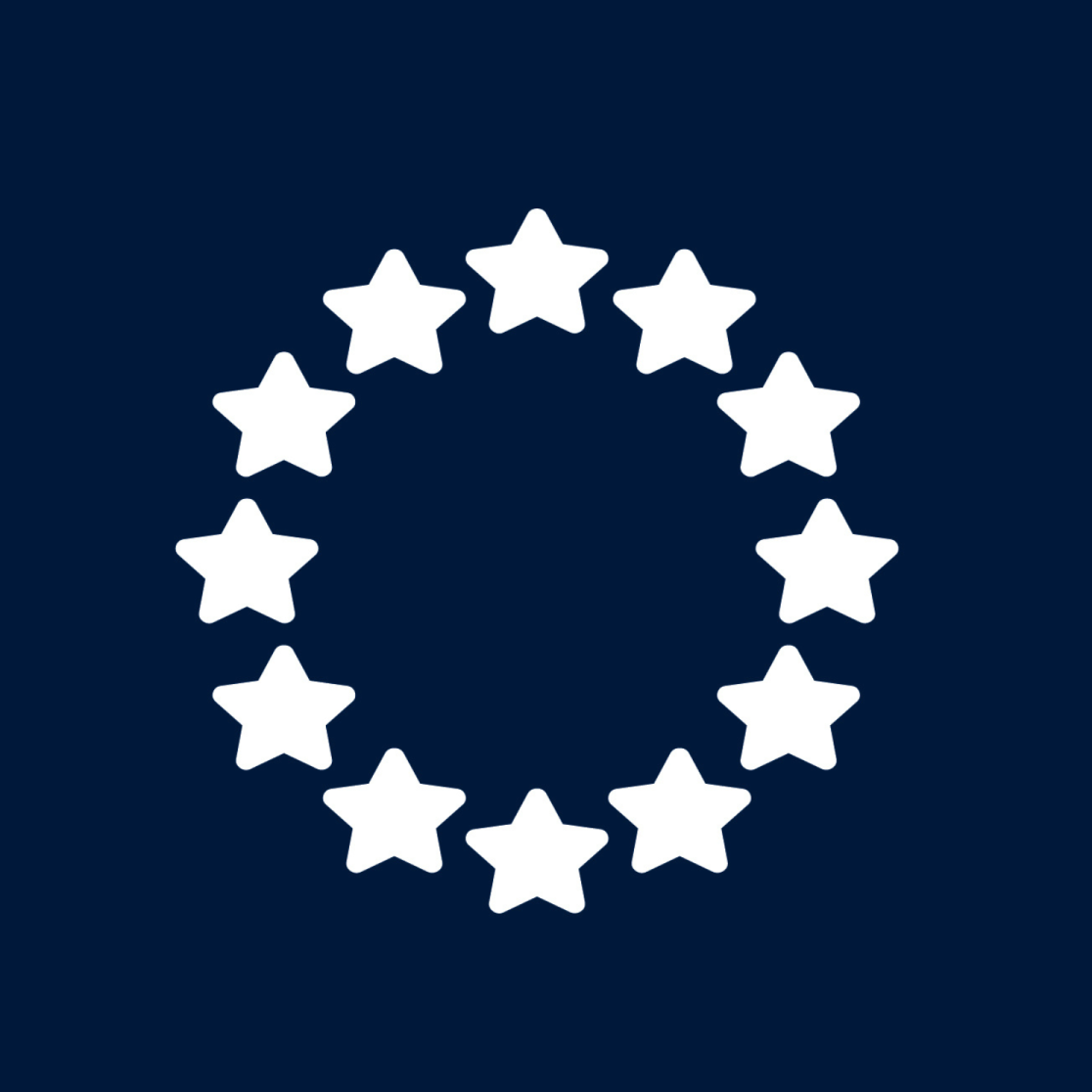
Research clusters
ESPO works in four research clusters:
- European Policy and Governance
- Europe and the Crisis of Rule-Based Global Order
- Democracy in Europe: Past and Present
- Political attitudes and behaviour in Europe

